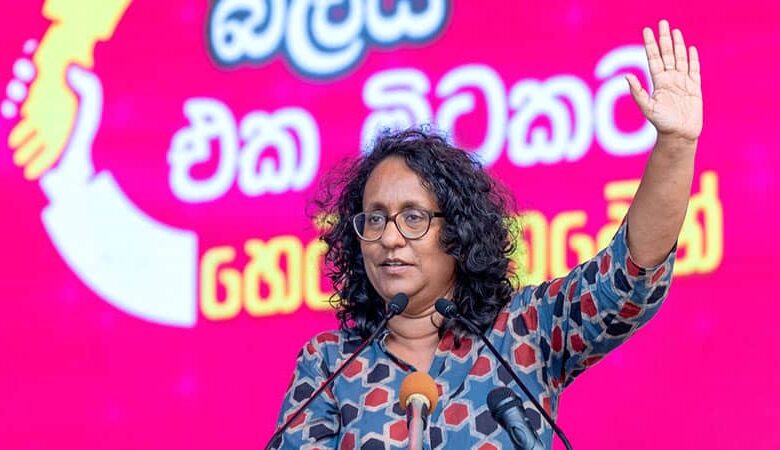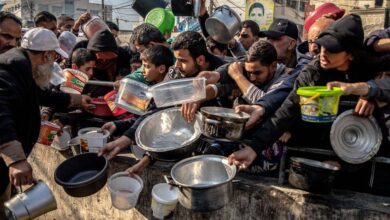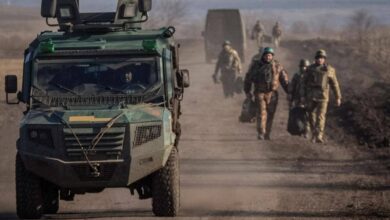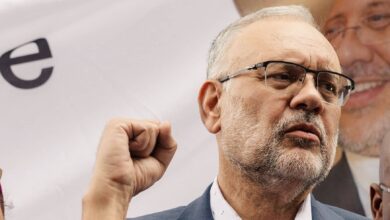
Sri Lanka’s New Government Takes Charge Under President Dissanayake’s Mandate for Change.
Sri Lanka’s political landscape has undergone a seismic shift as the left-leaning National People’s Power (NPP) coalition, led by President Anura Kumara Dissanayake, has emerged victorious in the country’s snap parliamentary elections.
In a sweeping mandate, the NPP secured a comfortable two-thirds majority, allowing Dissanayake to appoint a new 21-member cabinet and pave the way for his ambitious reform agenda.
At the helm of the new government, Dissanayake has reappointed Harini Amarasuriya as the country’s prime minister, making her the first woman to lead the national government in 24 years. Amarasuriya, an educationist by profession, will also hold the key portfolios of education, higher education, and vocational training.
The new cabinet includes seasoned political figures, such as Vijitha Herath as the foreign minister, Ananda Wijepala as the public security and parliamentary affairs minister, and Bimal Rathnayake as the transport, highways, ports, and civil aviation minister.
This diverse team will be tasked with tackling the country’s daunting economic challenges, which have been exacerbated by a severe shortage of foreign currency and the sovereign default that pushed the economy into a deep recession.
Dissanayake, a political outsider in a nation dominated by dynastic parties, has wasted no time in outlining his reform agenda.
At the swearing-in ceremony, he emphasized the need to exercise the newfound power responsibly, pledging to fulfill the aspirations of the people who have long been “oppressed economically and politically.”
A key priority for the new government is the promise of a new constitution, which was a central campaign pledge of the NPP. With a two-thirds majority in parliament, Dissanayake now has the necessary numbers to amend the constitution, setting the stage for a potential referendum on the matter.
The country is currently undergoing a financial program with the International Monetary Fund (IMF), and an IMF delegation is expected to hold talks with the new administration to review the ongoing $2.9 billion bailout program.
The people of Sri Lanka, having endured the worst economic crisis in the country’s history, now look to the Dissanayake government to steer the nation towards a more prosperous and equitable future, with the promise of sweeping constitutional changes and a renewed focus on tackling corruption.Share



